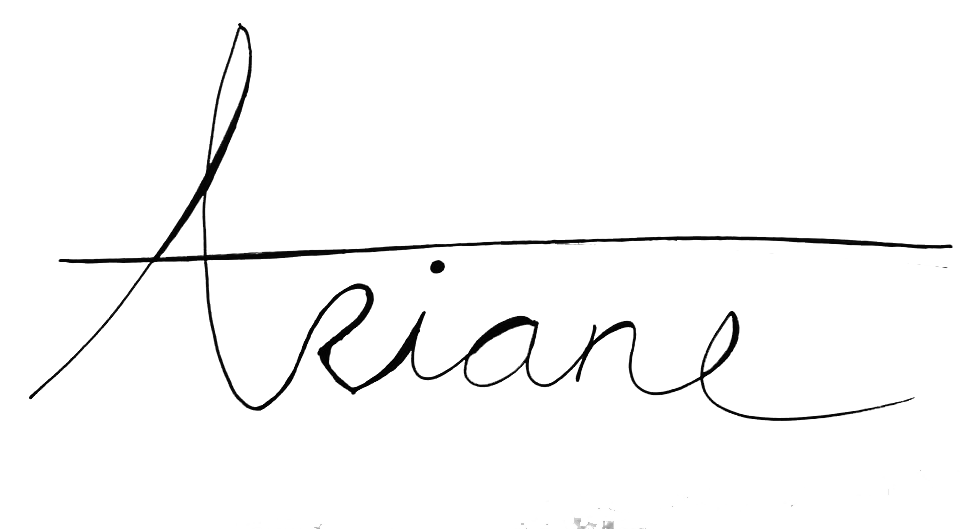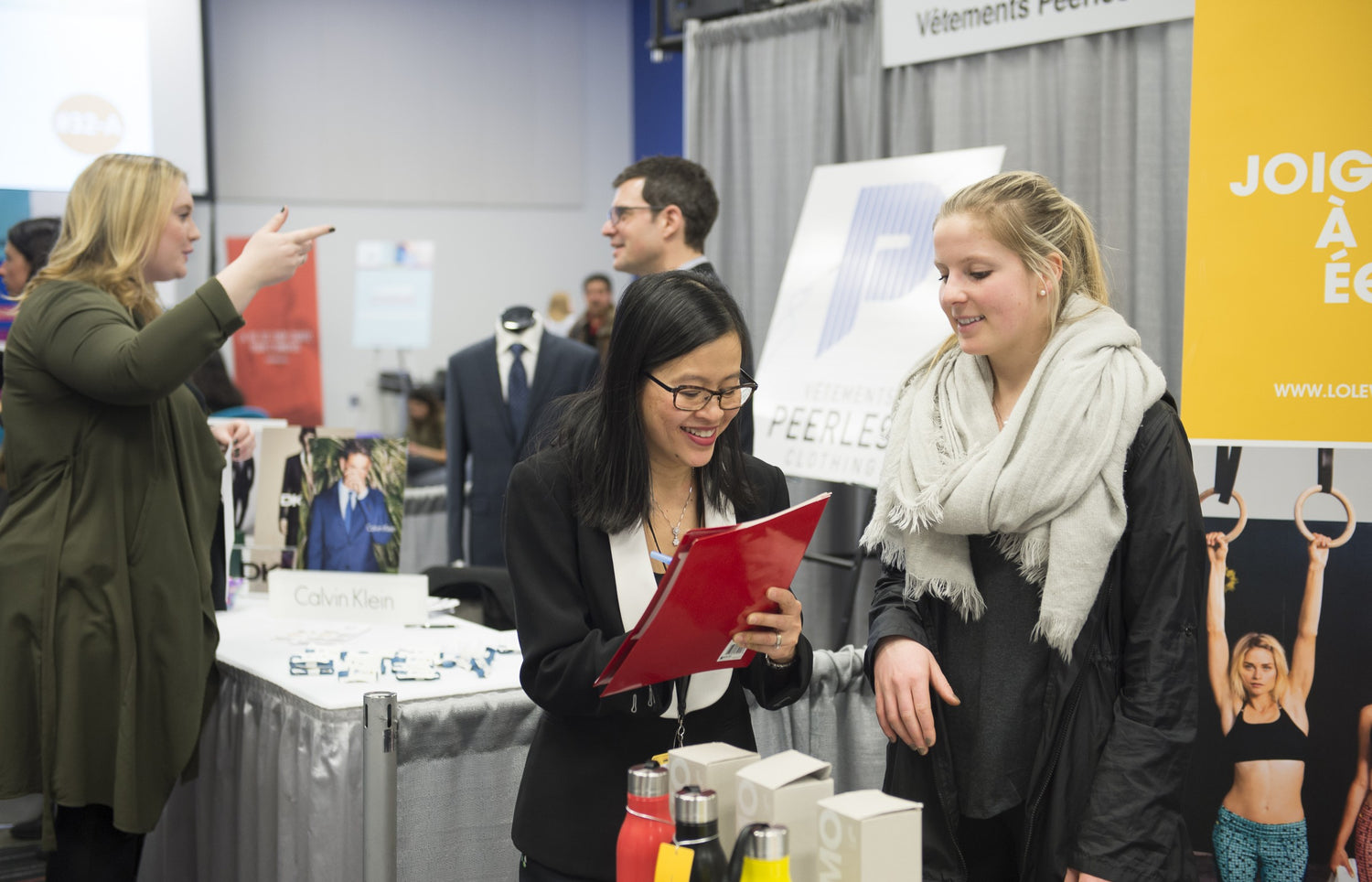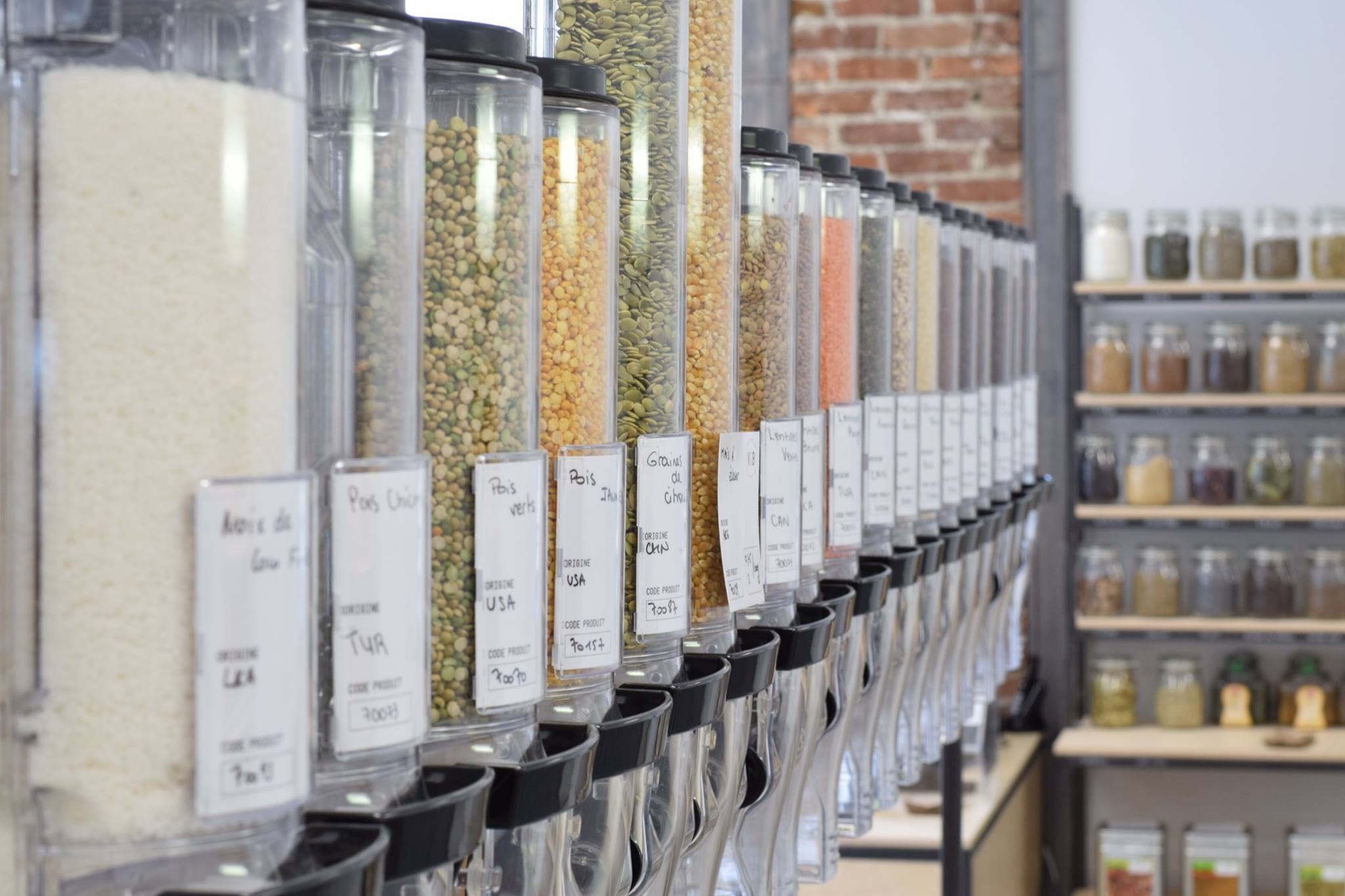The fashion industry in Quebec has undergone several major changes over the past few decades. Following the opening of international markets and the abolition of quotas on the import of clothing products in 2005, the industry experienced a period of profound restructuring due mainly to the massive entry of competitors from emerging countries, especially China.
In response to this change and in order to remain viable, many Quebec companies had no choice but to relocate their production abroad. The traditional mode of business has changed. The company that once designed, manufactured and sold in Quebec, now designs in Quebec, manufactures abroad and sells around the world. It is not without surprise that this drastic change in the business model has had consequences on the industry, particularly with regard to the workforce.
As production was relocated, several factories closed their doors and the professions of seamstresses and machine operators lost interest among the population, mainly due to a lack of outlets. Pursuing studies in a field related to fashion was therefore perceived as risky, since the positions still available in Quebec have long been subject to quotas.

Photo credit: Bruno Petrozza for RH Mode
A vibrant and evolving industry!
In recent years, we have seen a revival of the industry in the metropolis and a real desire on the part of Quebec companies to promote the fashion industry here locally and internationally. It is from this initiative that the new metropolitan fashion cluster (mmode) was born, a little over a year ago. Focusing on the main challenges faced by Quebec fashion companies, mmode is currently working on four major projects: industry brand image, export, innovation and workforce.
As Mathieu St-Arnaud, deputy director of the mmode cluster, explained to me, the industry is currently working on seven major strategies related to the workforce, in particular to diagnose labor and training needs. in order to put in place a strategic plan over the next few years.
Many positions in production, development and marketing are now available, but the necessary workforce is not present or trained to meet demand. To compensate for this lack of manpower, Connexion Apparel organized the second edition of the RH Mode event on March 22, in partnership with mmode.

Photo credit: Bruno Petrozza for RH Mode
RH Mode, a networking day dedicated to employment
It was in a warm atmosphere that students and workers looking for a job in fashion were invited to meet dozens of employers, schools, service companies and agencies serving the clothing industry. and textiles. Among them were companies such as La Vie en Rose, LOLE, Logistik Unicorp, Peerless Clothing, YOGA Jeans and many others. In addition to having the chance to introduce themselves to recruiters from different companies and take part in minute interviews, participants also had the chance to take part in conferences and panels on a wide variety of subjects. Among the list, the conferences on how to succeed in an interview and enhance your profile through social media were particularly interesting and reflected the realities that young job seekers must face.

Photo credit: Bruno Petrozza for RH Mode
Inspirational and motivating panels
It is through well-constituted panels that the participants were able to take stock of the current situation of the fashion industry in Quebec and the challenges it brings. The first panel, Creating Your Own Job: Starting a Local Fashion Business , was moderated by Alexandra Pagé, President and Founder of Glup Bébé, Ingrid Agbato, Founder of Coo-Mon and Marie-Eve Émond, Founder and Designer of Betina Lou and has certainly made more than one dream. The entrepreneurs were able to explain their respective backgrounds and what prompted them to start a business. In addition to their undeniable passion for what they do, they were able to explain the challenges of the Quebec fashion market.
Low-cost international competition is certainly what makes business development the most difficult. As Marie-Eve said: “You have to learn to do a lot with very little to succeed in standing out in the industry”. The problem in Quebec is certainly not the lack of ideas, and several new brands are emerging today thanks to platforms like Etsy, underlined Alexandra. On the other hand, in Quebec, companies quickly saturate their market; this is why it is important to build an international action plan from the start, even if it is not easy. Businesswomen all agree that what motivates them is the collaboration and sharing that exists within the industry in Quebec.

Photo credit: Bruno Petrozza for RH Mode
A second panel, A career in fashion: how to successfully enter the industry, also allowed participants to take stock of the job opportunities available to them today. The many panelists from diverse companies such as La Vie en Rose, Moose Knuckles, Stefanka, Canada Goose and the Nancy Paquette agency all agreed that the key to success in the fashion industry is personality and motivation. As Émilie Santerre, e-commerce coordinator at La Vie en Rose, mentioned, “If the doors don't open, open them yourself! ". It is important to know your own worth and not to diminish yourself when going for interviews. We must be aware of our strengths and weaknesses and what more we can bring to the company.
The second edition of RH Mode was refreshing! The fashion industry in Quebec is booming and it's nice to see companies and the next generation sharing moments like this together. It is thanks to initiatives such as the one organized by Connexion Apparel et mode that the Quebec fashion industry will regain the local and international influence it once had.






Leave a comment
This site is protected by hCaptcha and the hCaptcha Privacy Policy and Terms of Service apply.